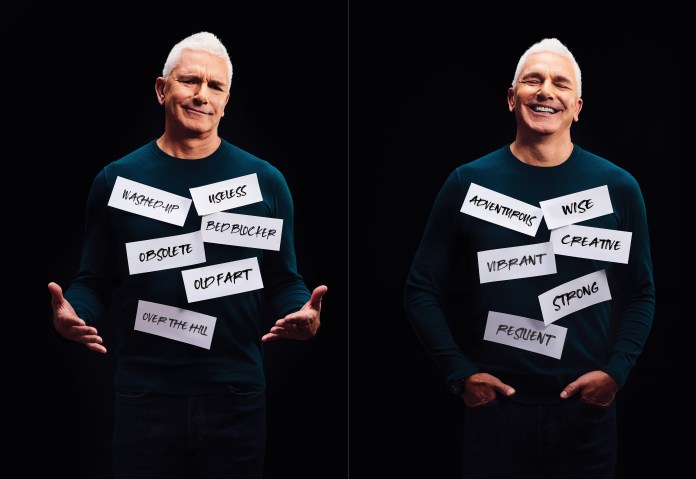Watch Your Language!
March 3, 2020

When talking about or to seniors, there is always a potential for ageism to slip into our speech. Certain words and phrases should be avoided when marketing to older adults. Call them “dirty words” – words that can be a turn-off to your target prospect.
Here are some general rules-of-thumb:
Words to Avoid
It is always best to use a neutral, general terms to describe those later in life, such as “older” – older adults, older individuals, older Americans, etc. Age-specific references, such as “those over 50” or “people 65 and up,” also seem to be acceptable.
Other terms which seem to be acceptable to older adults can include: elders (but not “elderly”), mature, and even Boomer – but not “Baby Boomer.”
In addition to “elderly” and “Baby Boomer,” there are other words and phrases generally disliked by seniors. These include: senior citizen, feisty, spry, sweet, little, feeble, eccentric, senile and grandmotherly. And stay away from the word “still” as a modifier – as in “still driving,” “still jogging,” and so on. All of these are ageist, and consequently offensive to an older audience.
Furthermore, if you are referencing a senior living community, NEVER say “facility” – the folks in the senior living industry refer to it as the “F-word.” Instead, use more universal terms like community, campus, neighborhood or property. These terms are far more acceptable.
Words That Work
There are other types of words that can capture the hearts of older adults:
- Words that are related to new experiences. Examples of these kinds of words include: learn, grow, experience, and explore.
- Words that recognize a senior’s value, like: contribution, personal best, and freedom.
- Words that relate to healthy living, such as: energy, healthier, younger, improve, and enjoy.
- Words that suggest a credible value: free, VIP pricing, limited offers.
Always frame communication in the positive, and be careful about using words that can have negative connotations, such as “forget”, “until” or “unless.” These words can imply weakness, and therefore be perceived as derogatory.
When possible, tap into the life experience and knowledge base of the older adults with your marketing messages, recognizing they have a wealth of knowledge and experience to draw from – probably a lot more than you have. Understand that their attitudes and filters may be different from yours culturally. But that doesn’t mean their perspectives are wrong – just different.
The Main Point Is This:
Ageism can creep into anybody’s vocabulary through inadvertent use of words and phrases that might be offensive to older adults. And those words and phrases suggest what our opinions are about those older adults – whether it is valid or not.
Purge those “dirty words” from your vocabulary.





